How Mark Post, co-founder and CSO of Mosa Meat, wants to replace all livestock farming.
Today: Mark Post, co-founder of Mosa Meat, tells the story of his company and stresses the importance of being passionate.
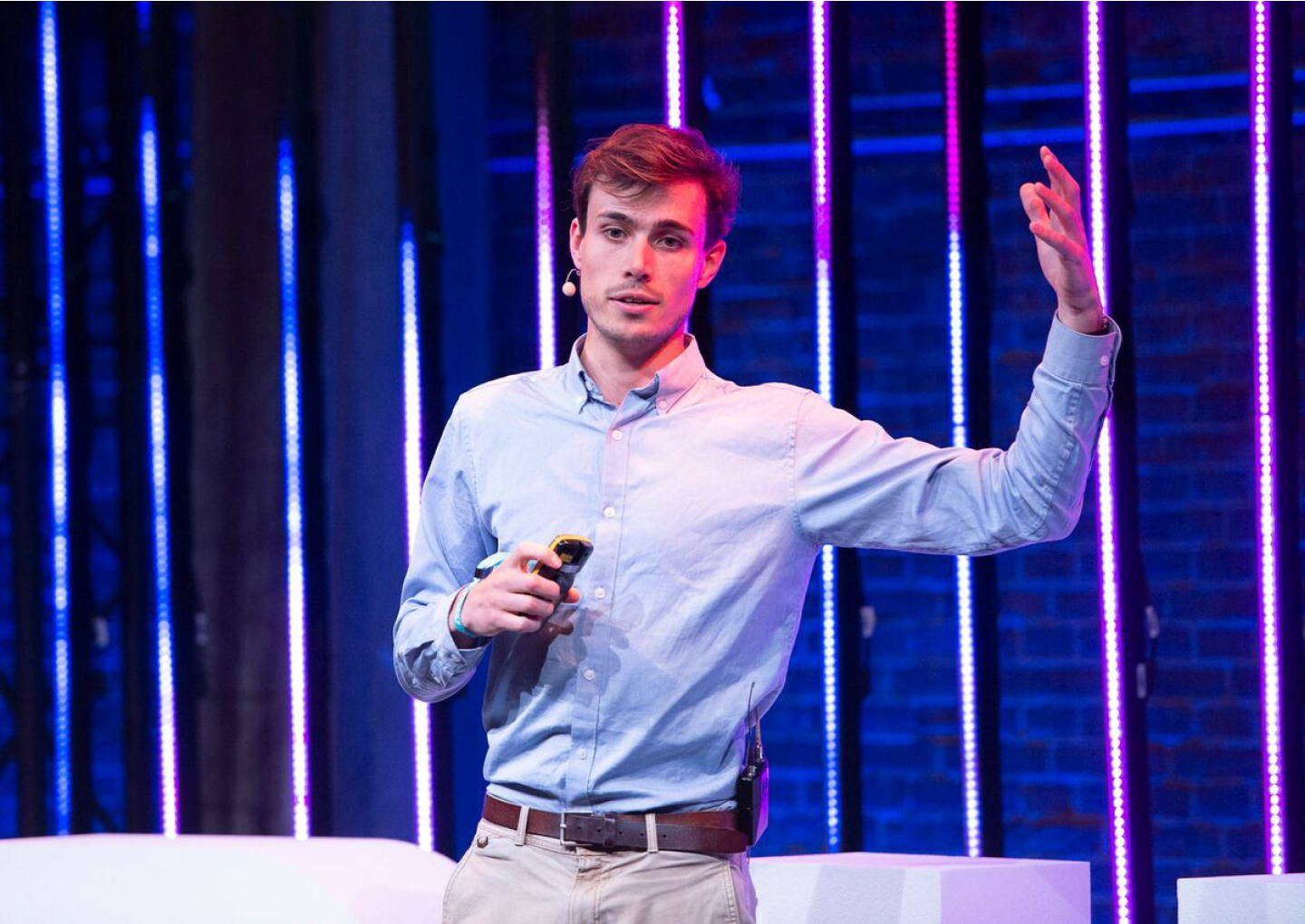
Location: Helmond, Netherlands
Employees: 63
Funding: $5M Series A, April 2018
When Lex Hoefsloot was 12 he read in the magazine Kijk about climate change. “I really didn’t understand why no one was doing anything about it. How difficult could it be?”
Once he was older, he realised that the problem was more complex than he had initially thought, but instead of standing idly by, Hoefsloot decided to take action in an impressive way. First as a team captain of the successful Solar Team of the Eindhoven University of Technology where he was a key factor in building three generations of Eindhoven solar cars. And now as a co-founder of Lightyear developing the world’s first fully solar-powered four-wheel-drive electric car, the Lightyear One.
The Lightyear One is a car so environmentally friendly that its CO2-footprint is five times smaller than that of a normal electric car. “The electricity of an electric car comes from fossil fuels”, explains Lex. “This is why we want to renew the whole system, and put the infrastructure inside this car to generate energy directly. If done right, this will solve range anxiety and provide clean power wherever, for free, without needing any extra infrastructure to use it.”

The prototype will be presented next year and the car will hit the market in 2020. Although the final design is not yet known, there are already buyers queuing up for this spectacular ‘Tesla-killer’ that drastically reduces our dependency on the electricity grid.
It’s clear that things are running smoothly for Lightyear and Hoefsloot knows exactly who to thank for that: his team, which consists now of almost 60 people. In this blog, he explains why.
“If you peel off all the layers of a company to its essence, then only the team and the culture remain, Hoefsloot says. “And our team and culture are strong. There are people here who have worked at Tesla, Ferrari, and Jaguar, but we also have young talents, all working together to achieve our one common goal: to build that solar car.”
The fact that people have previously worked for important companies does not automatically create a good team, what does?
“Diversity and focus. To build a solar car you need people who complement each other, a group who is more than the sum of its parts, a mix of divergent and convergent thinkers, of experienced forces and young pioneers. It doesn’t matter who comes up with the best idea. An idea only acquires value when it really contributes to our ultimate goal: changing the world of mobility, getting people excited about a car they maybe never heard of before. With that goal in mind, we try to build and strengthen our team.”
You have grown rapidly from five to sixty staff members. What was the biggest challenge you had to tackle in building a fast-growing team? And what can other startups learn from that?
‘Well, the main challenge was finding the right people. The shortage on the labor market is noticeable. You really have to look for people, they don’t automatically knock on your door. For us, this meant above all: activating our network. Even beyond our industry and national borders. We actively searched, for example, for foreign talents on LinkedIn. We want to become a major international player and then you have to dare to think big. The fun thing is, these people bring their own international networks with them. Aim for the world, and your network becomes infinitely large. That’s what I would recommend to every startup.”
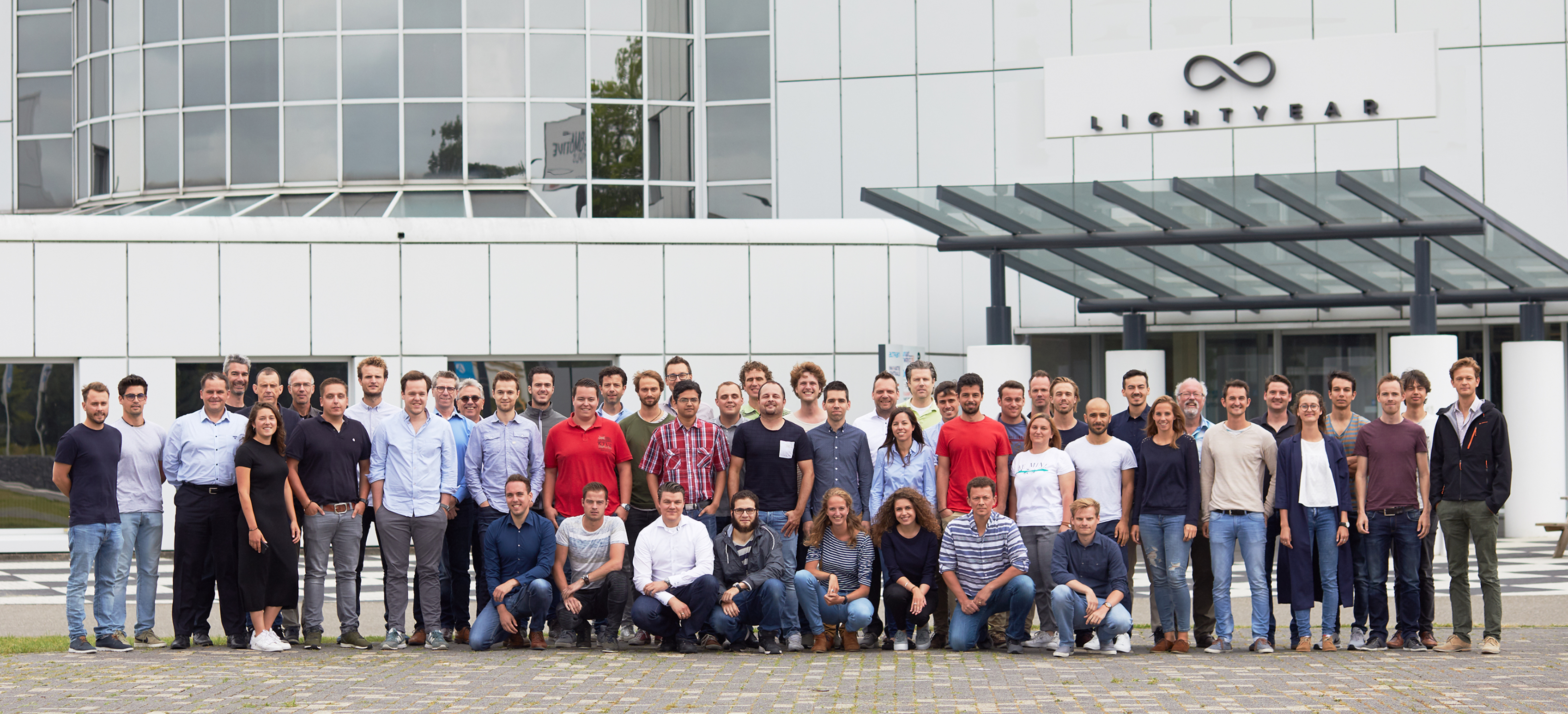
What are you actually looking for in people?
“Passion, focus, and something I would call ‘a cultural fit’. Passion and focus are important because we are on a mission here and only want to work with people who want to share and carry out that mission to change the world of mobility. Sometimes people who come here to talk make you quickly feel: ‘They only want to work here to upgrade their CV’. In addition, people really have to fit in with our culture and connect with our values. It’s not only skills that make the difference, of course, you have to look at them — more than thoroughly — but skills alone do not guarantee that the person really fits with your organisation, culture and core values.”
How would you describe your culture?
“Ambition and honesty are values we really hold dear. We try to be honest with each other and the outside world. We always tell you what we want to do and what we cannot do, when the car will or will not be ready, and what needs to be done. That creates goodwill with our clients and therefore helps us drive long-term growth and success for Lightyear. But it also creates an internal learning dynamic. The more critical the questions you dare to ask each other, the more knowledge you build together. And the greater the collective trust.”
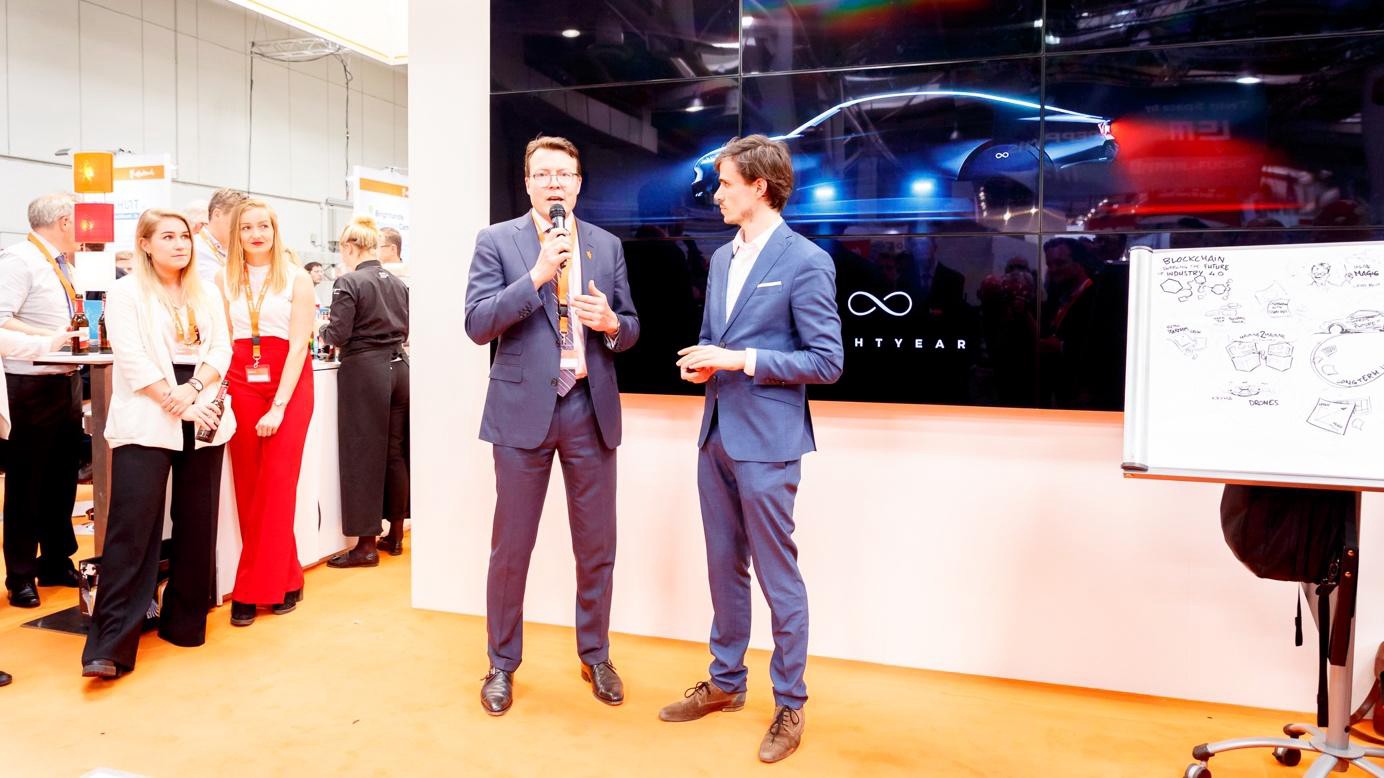
Was it difficult to embed this culture?
“In the beginning it certainly was. When we started, the team was made up of only five co-founders. Friends who knew each other through and through, who together had participated in the Solar Races in Australia, but also friends who — because of that friendship — did not want to tell each other always the truth. We really had to learn to be vulnerable ourselves and to allow ourselves to also ask dumb questions. Being a leader sometimes makes it hard to let your guard down, but the best leaders lead by example, I think. My advice for other startups would be: share your information honestly and authentically, internally and externally, even if you don’t have the answers yet. As a result: your staff and clients may feel closer to you; they may be prompted to share advice; the benefits are worth it.”
What tip do you have for startups that also want to develop a corporate culture?
“Make it concrete and visual and make sure you actually apply it in practice. That sounds simple, but it is not. Developing and safeguarding a culture of innovation requires discipline. It is a continuous process of stimulation, encouragement, and monitoring. That is why our values prominently feature on the wall in our office. As a constant reminder of what we think is important.”
Finally, what last advice would you give to other startups that are building their team?
“Yes, also bring inexperienced people. I love pioneering and getting things done on the spot, but sometimes that can also result in everyone doing something in their own way. The experience is important when setting up the structure. For that, you need sometimes people who have done the trick before.”
Want to know more about Lightyear? Check out their website: lightyear.one

Today: Mark Post, co-founder of Mosa Meat, tells the story of his company and stresses the importance of being passionate.
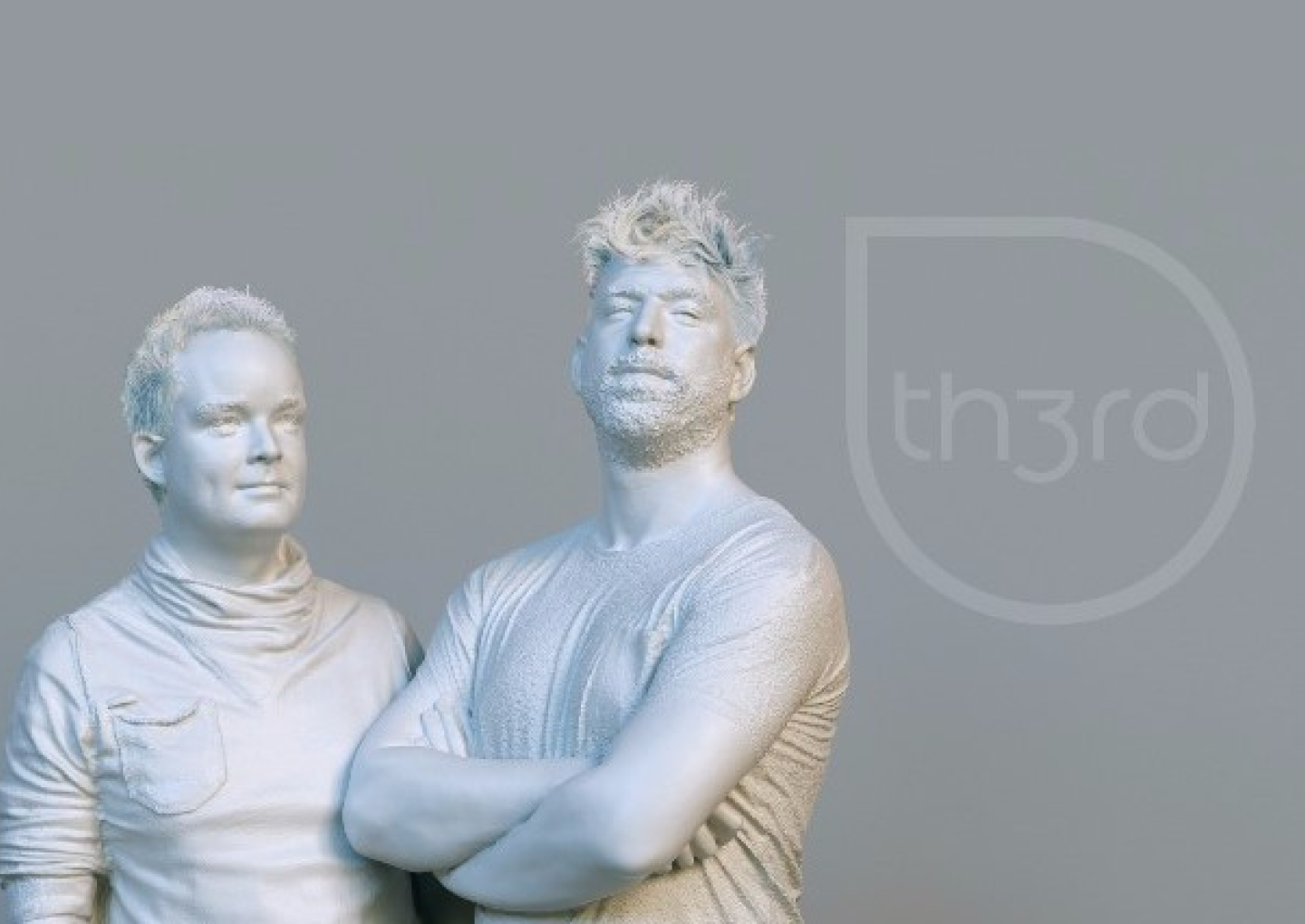
We sat down with co-founder Rudo Bisschop to find out how he ended up there, the impact it had on his business and his top tips for CES success.
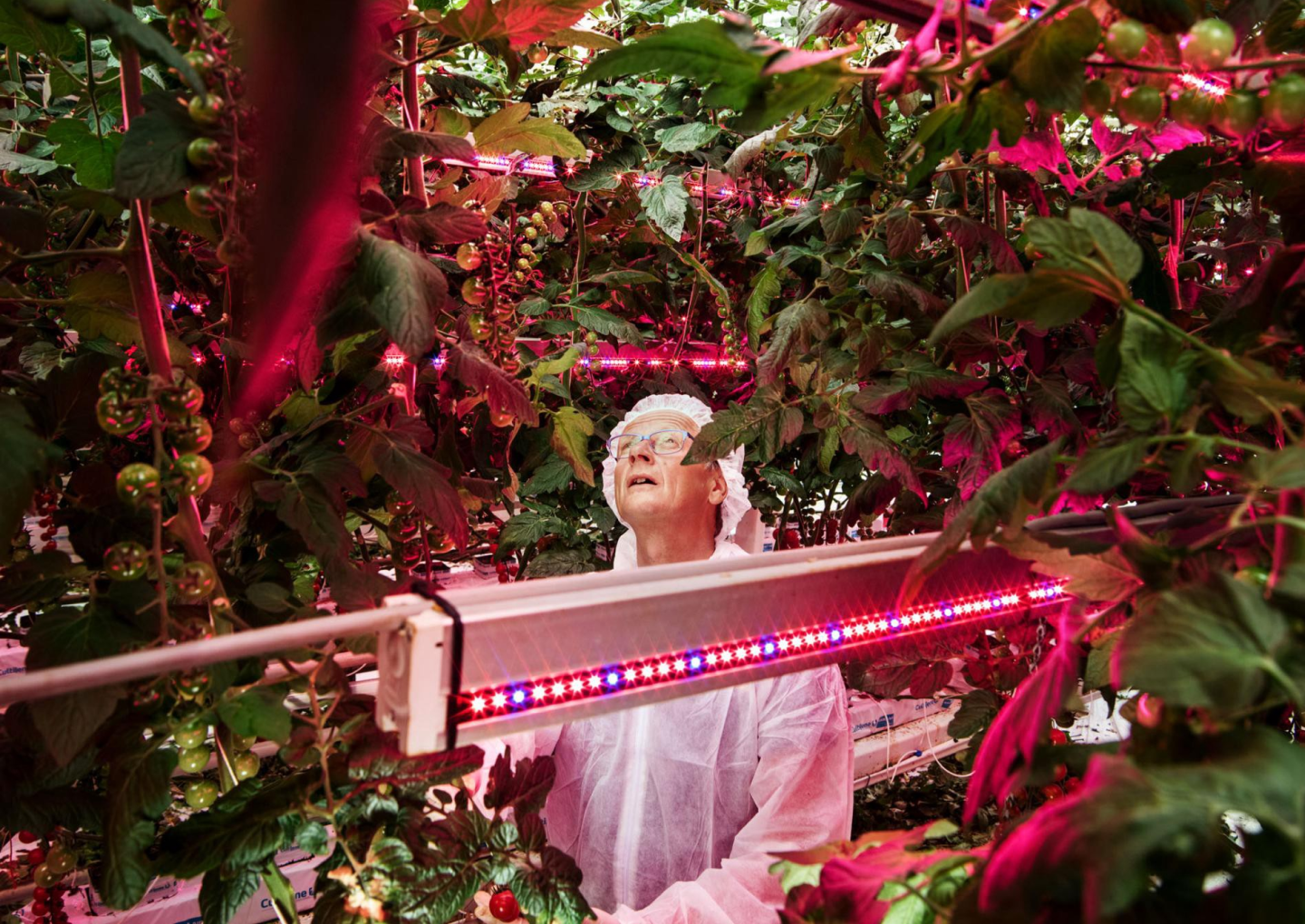
In this post, we will introduce you to 5 startups looking to conquer the world of food in an environmentally safe way.